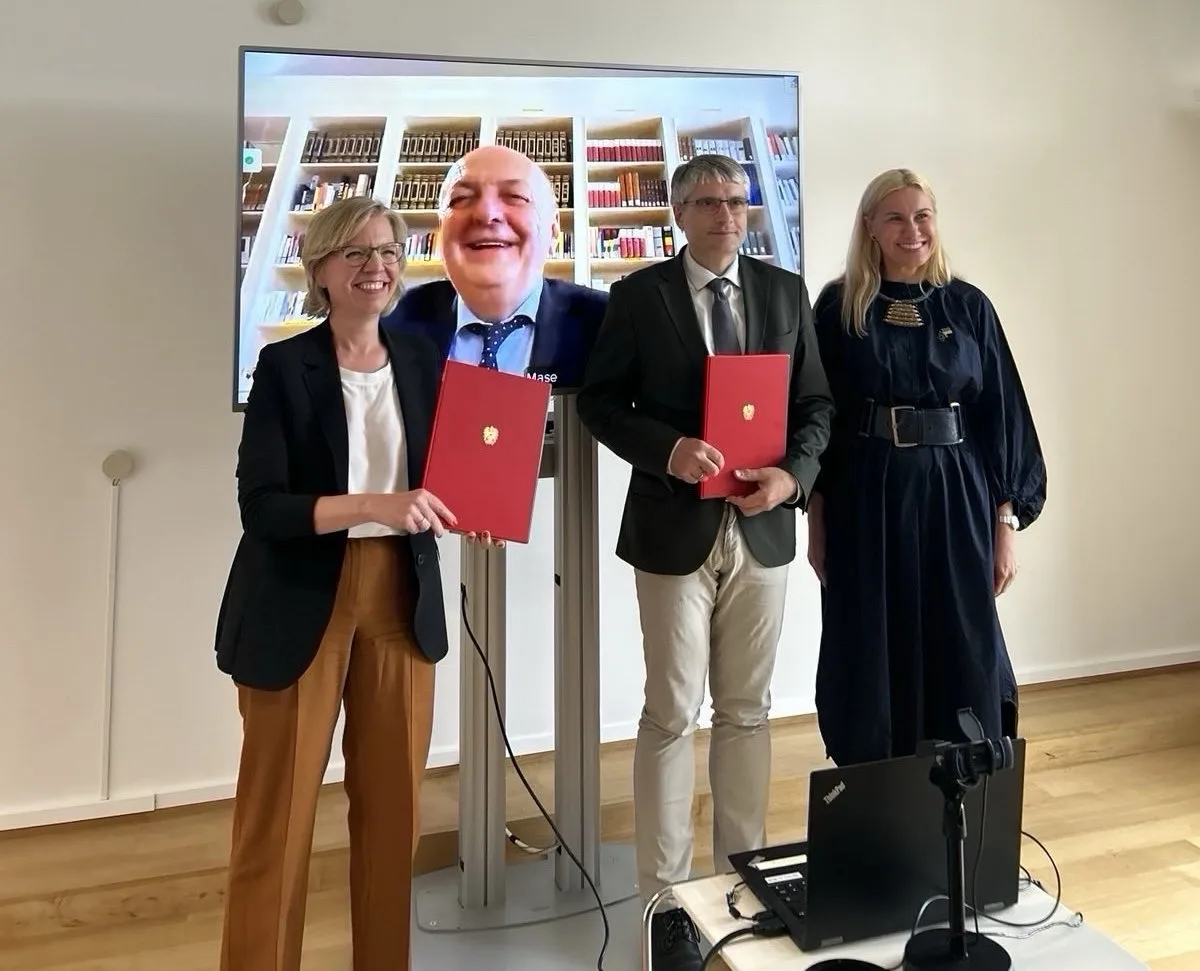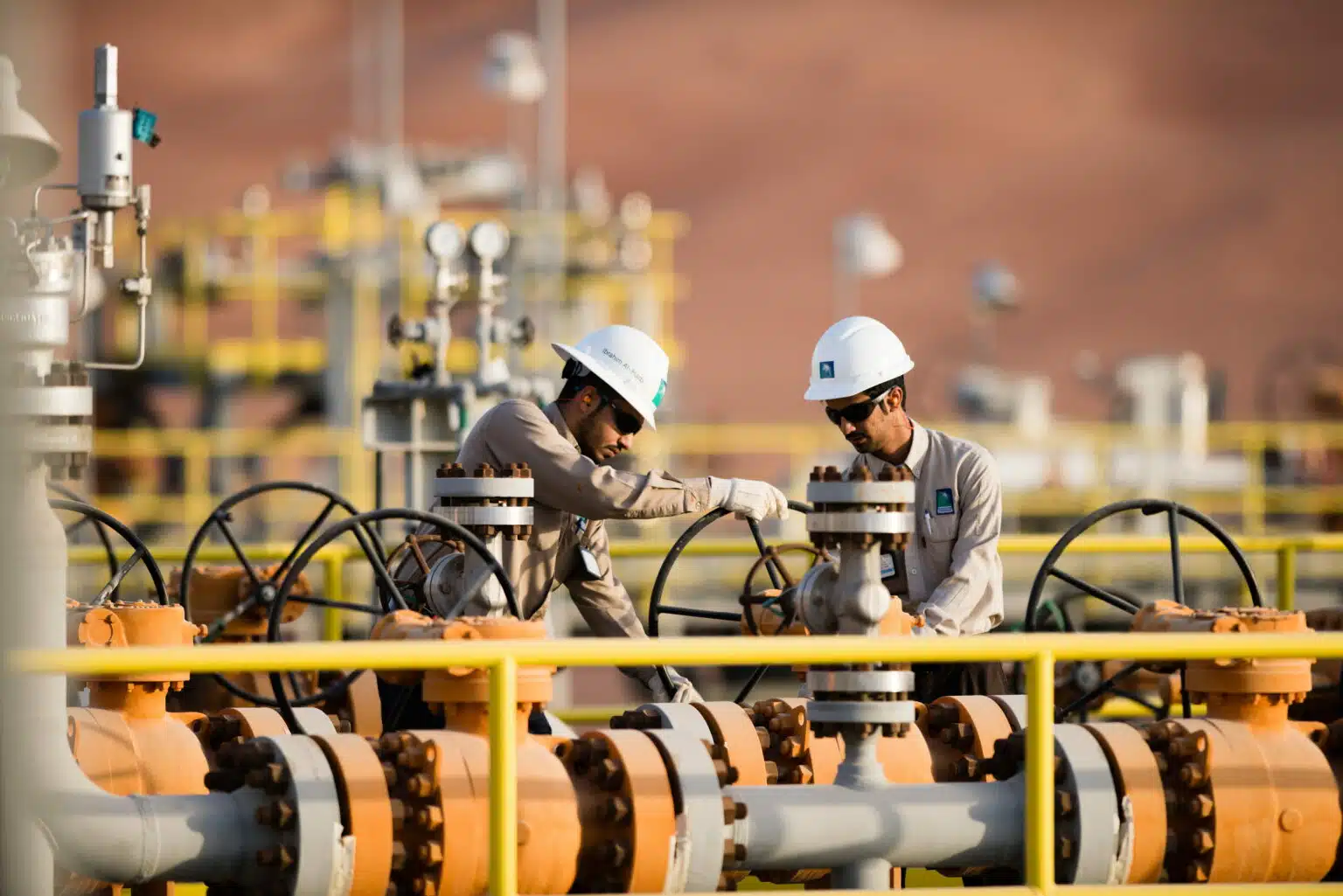Brussels – Today (May 30), Germany, Austria, and Italy signed a joint declaration of intent to develop an advanced hydrogen import corridor linking the three countries, the South Hydrogen Corridor, already selected at the European level as a Project of Common Interest.
Today, the signing ceremony in Brussels was attended by ministers and senior officials from the three countries and EU Energy Commissioner Kadri Simson. The commissioner said: “An initiative that has the potential to become a key project to transport much-needed renewable hydrogen to the EU’s industrial centres and support their decarbonization,” stressing that it “will also strengthen the interconnection between our member states and with our partners in North Africa.”

Italy’s Minister for the Environment and Energy Security, Gilberto Pichetto Fratin, also spoke by video-link. “Italy has strongly supported the Southern Hydrogen Corridor project from the very beginning,” the minister proudly claimed. In line with the Meloni government’s priorities, which “aims for mutually beneficial partnerships with African countries,” Pichetto Fratin is confident that the Corridor will succeed in “developing the clean energy potential of the African continent and connecting it to Europe.”
The trilateral partnership with Austria and Germany aims to improve energy security for key industrial clusters in their respective countries while supporting the European Union’s climate goals. “The Southern Hydrogen Corridor will be crucial for the start-up of a European market, which is why Germany, Italy, and Austria initiated a joint working group last year and today sign the joint declaration of political intent,” pointed out the Austrian Minister for Climate Action and Energy, Leonore Gewessler. She was echoed by the German Minister for Economic Affairs and Climate Action, Robert Habeck: “The Southern Corridor will play an important role, especially for the supply of green hydrogen in the southern German regions,” he said, pointing out that “the development of a functioning hydrogen market in the EU is a guarantee for accelerating the energy transition and especially for reducing CO2 emissions in difficult sectors.”
Brussels aims for Europe to produce 10 million tons of renewable hydrogen by 2030 and to import another 10 million tons to reduce greenhouse gas emissions. However, according to European Commission data, in 2022, renewable hydrogen production in Europe was just 20,000 tons.
The real coordination between the three countries begins now, after the declaration of intent. The German minister concluded that a well-functioning cross-border hydrogen pipeline infrastructure has to be built, with which it is possible to “take an important step toward building a fully interconnected European hydrogen network.”
English version by the Translation Service of Withub







